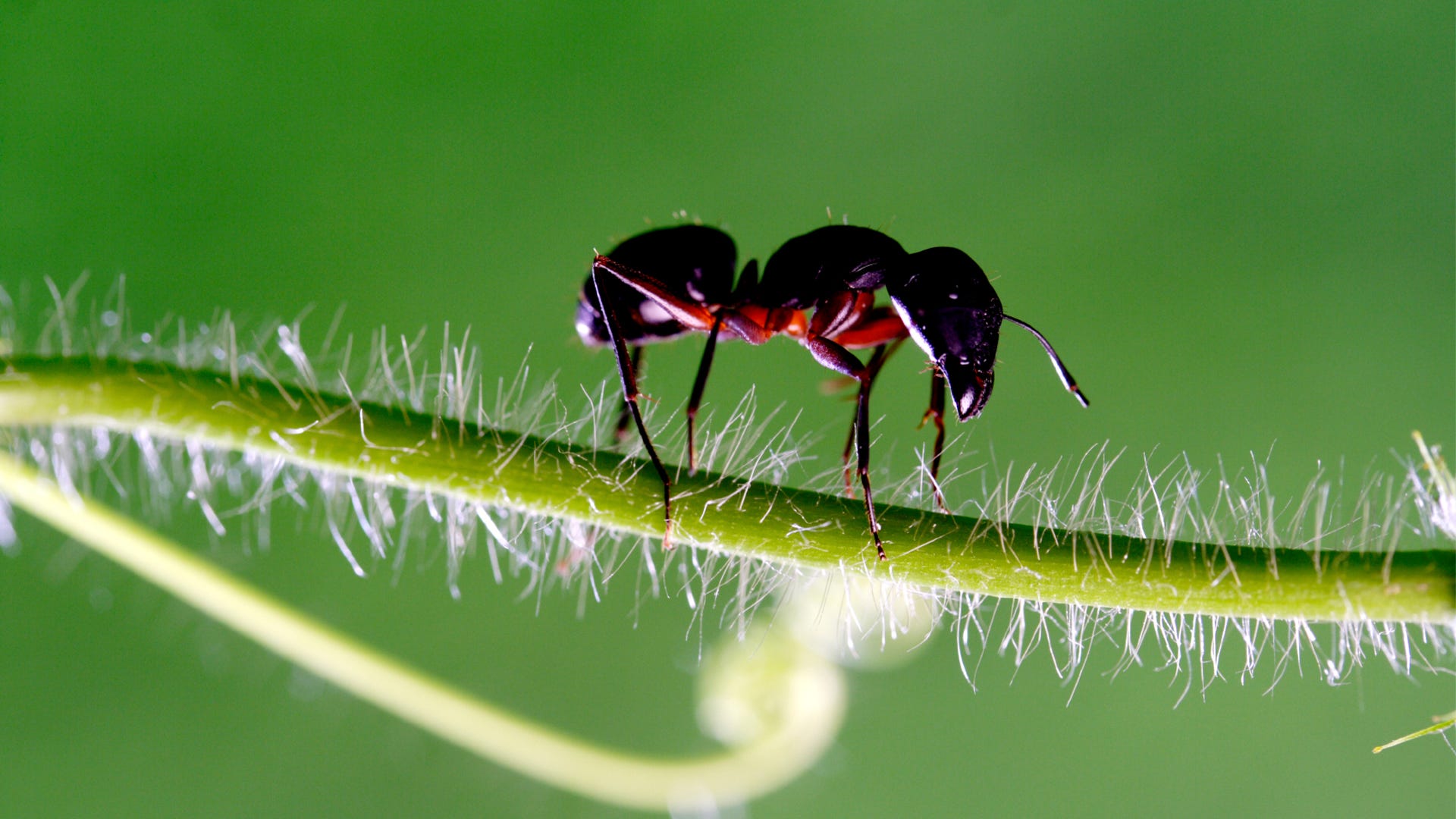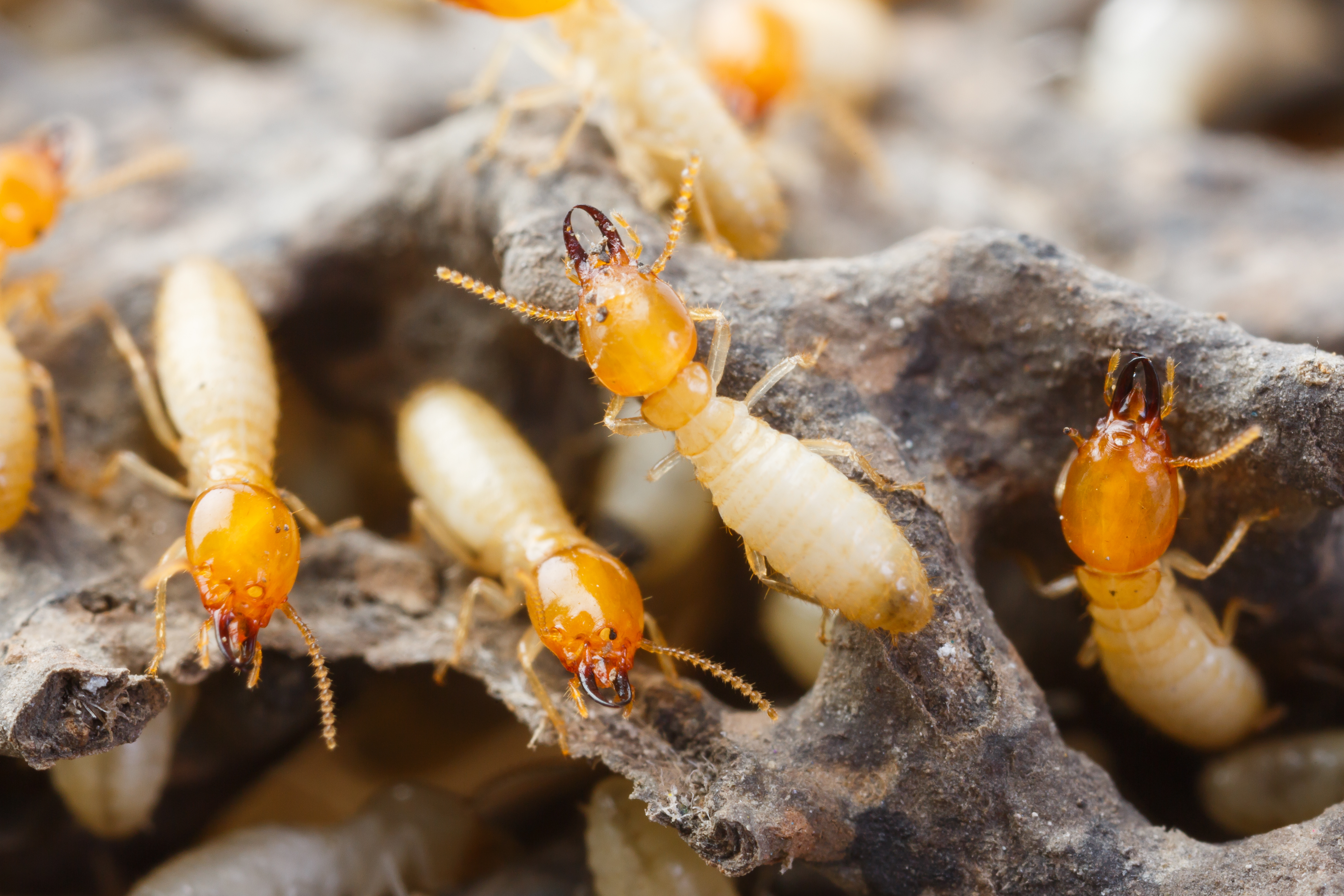Total Ant Control: Approaches and Services to Defeat Ant Troubles
Total Ant Control: Approaches and Services to Defeat Ant Troubles
Blog Article
Environmental Effect of Parasite Control: Harmonizing Efficiency With Sustainability
The environmental effect of bug control is a critical issue that calls for a fragile equilibrium between attaining effectiveness in making sure and managing bugs sustainability of our communities. From the use of unsafe chemicals that permeate into our dirt and water to the unintended repercussions on non-target varieties, the repercussions of conventional insect control methods are significant.
Dangerous Chemicals in Pest Control
The utilization of harmful chemicals in pest control postures considerable environmental and wellness dangers that warrant cautious consideration and reduction approaches. Herbicides, pesticides, and insecticides are typically used to eradicate pests, yet their prevalent application can result in unintentional consequences. These chemicals can contaminate soil, water resources, and the air, affecting not only the targeted insects yet additionally beneficial bugs, wildlife, and humans.

To attend to these threats, incorporated parasite management (IPM) strategies are being advertised as an extra lasting choice. IPM includes a mix of techniques such as biological control, habitat control, and the targeted usage of pesticides as a last hope (ant control stephens nc). By adopting an alternative method to pest control, we can decrease the environmental and health impacts related to harmful chemicals while successfully taking care of pest populaces
Effect On Non-Target Species
Considering the unplanned consequences of pest control methods, the effect on non-target species is a critical facet that calls for complete examination. While bug control measures aim to target details pests, other organisms in the ecosystem may be inadvertently influenced. Non-target varieties, including beneficial bugs, birds, mammals, and even plants, can suffer straight or indirect injury from pesticide applications or biological control approaches.
Pesticides created to fight a specific insect pest may hurt pollinators like or all-natural predators such as ladybugs. Organic control agents, if not species-specific, can present risks to unintentional targets, interfering with the ecological balance.
To minimize the effect on non-target varieties, integrated insect monitoring (IPM) techniques that stress an alternative technique to pest control are advised. These techniques focus on making use of eco friendly methods, decreasing damage to beneficial organisms while efficiently taking care of pest populations. Performing complete risk analyses and checking the end results of bug control efforts are vital action in safeguarding non-target species and advertising total community health.
Dirt and Water Contamination
Unexpected environmental effects of insect control methods expand beyond affecting non-target species, with substantial ramifications for soil and water contamination. Pesticides, herbicides, and chemical fertilizers used in pest control can leach into the dirt and pollute groundwater, posing a hazard to both terrestrial and aquatic ecosystems. Soil contamination can interrupt the balance of microorganisms necessary for nutrition biking and plant development, leading to reduced soil fertility and performance. Moreover, these chemicals can linger in the setting for extended durations, accumulating in the soil and click this site possibly entering the food cycle.
Water contamination is an additional vital concern linked with parasite control methods. Runoff from farming fields treated with chemicals can carry these chemicals right into neighboring water bodies, influencing water microorganisms and water high quality. Contaminants in water sources can have significant repercussions, influencing not only water life however additionally human wellness through the usage of contaminated water or aquatic organisms. To alleviate dirt and water contamination from pest control tasks, integrated parasite monitoring methods that prioritize sustainability and minimize chemical inputs are critical.
Air Pollution From Pesticide Use
Direct exposure to airborne pesticides during agricultural applications postures a significant worry for air contamination control procedures. Additionally, pesticide drift, where chemicals are brought by the wind to unintended areas, can lead to the contamination of close-by ecosystems and water bodies.

Methods for Sustainable Parasite Control
In the realm of agricultural methods, applying lasting insect control techniques is critical for keeping eco-friendly equilibrium and protecting crop returns. Lasting insect control highlights making use of eco-friendly methods to handle insect populaces successfully while reducing injury to non-target organisms and environments. Integrated Insect Management (IPM) is a commonly embraced method that combines biological, social, physical, and chemical control methods to achieve long-term bug monitoring remedies.
Crop turning and diversity are also reliable techniques to interrupt pest life cycles and create much less favorable conditions for parasites to grow. Ultimately, by incorporating these lasting pest control strategies, farmers can achieve a balance between pest monitoring efficiency and ecological stewardship.
Conclusion
To conclude, the environmental influence of pest control methods have to be thoroughly considered to stabilize efficiency with sustainability. Hazardous chemicals used in insect control can cause dirt and water contamination, air contamination, and injury non-target species - termite control services. It is vital to execute lasting parasite control techniques to decrease these negative effects on the atmosphere and promote a much healthier environment for future generations
By taking on an alternative approach to pest control, we can lessen the environmental and health impacts associated with dangerous chemicals while effectively managing pest populations.

To alleviate the air contamination caused by chemical use, it is necessary to take on integrated insect management methods that focus on the use of non-chemical insect control techniques, such as crop turning, all-natural predators, and immune plant ranges. Sustainable bug control emphasizes the usage of ecologically pleasant techniques to manage insect populaces effectively while lessening injury to non-target organisms and environments. Integrated Pest Management (IPM) is a widely embraced approach that combines biological, social, physical, and chemical control approaches to accomplish long-term parasite monitoring solutions.
Report this page